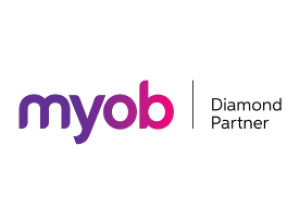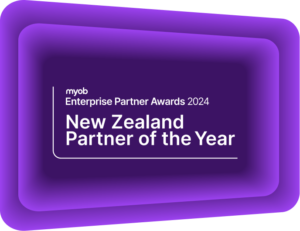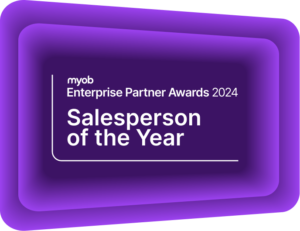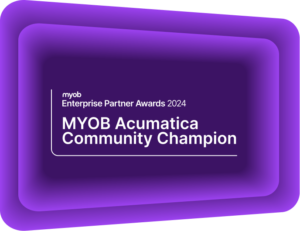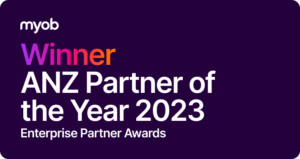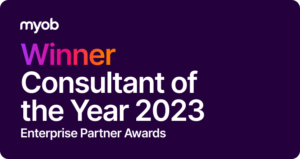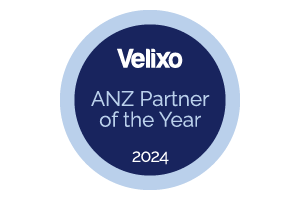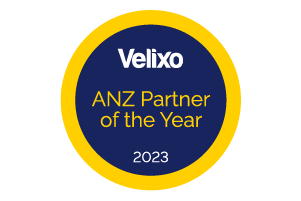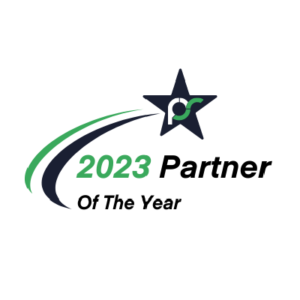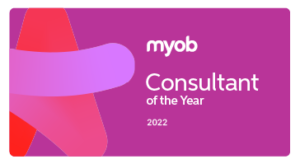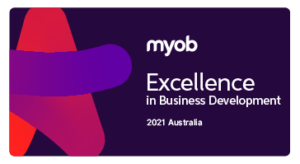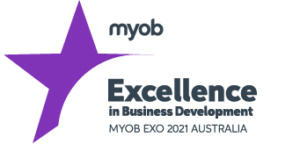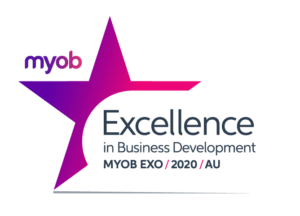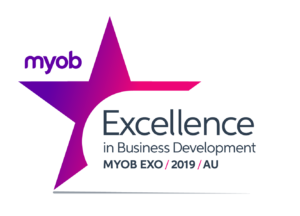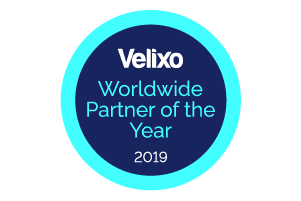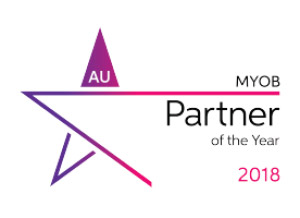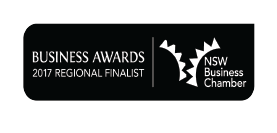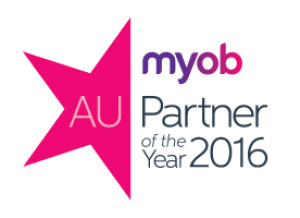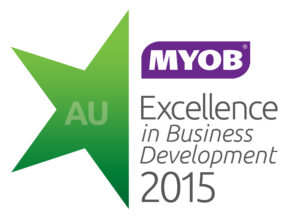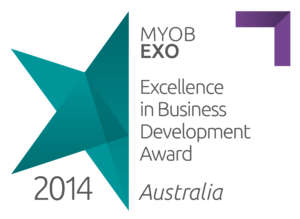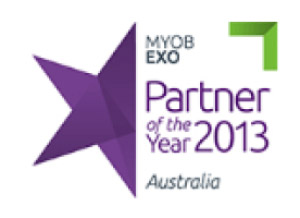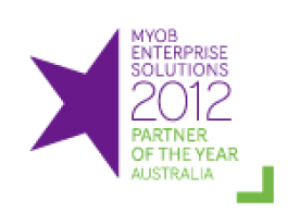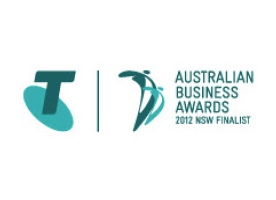The Evolution of ERP
Long story short on how ERP systems have impacted businesses growth.Editor’s Note: This article was initially published in January 2019 and reviewed and updated in October 2022 to provide the most relevant and accurate information.
The Short Story of ERP Systems– (Enterprise Resource Planning Systems)
ERP systems are computer software programs that support business management. While finance is a vital function of these systems, they are much more complex than run-of-the-mill accounting packages. The true benefit is their ability to capture data from your organisation and analyse it in meaningful reports and dashboards.
Over recent years, ERP systems have evolved, helping small, medium, and large-sized organisations operate more efficiently and grow faster.
Social, mobile, and cloud-based platforms have rapidly changed in the last decade. ERP systems have adapted to these advancements to stay relevant.
The Beginnings of ERP Systems despite the rapid change in business
Initially focused on manufacturing, early systems emerged in the 1960s, known as Material Requirements Planning (MRP) systems. During the late 80s, the term ERP started gaining popularity as most businesses moved from pen and paper to computers. Many early adopters found ERP systems to be a poor fit. This was due to the rapid shift of technology and ERP systems being complicated and expensive. Especially in those early days, initial adoption was slow.
ERP Systems Technology Advancement
ERP systems gradually became the norm for many businesses as we approached 2000. Technological advancement led to explosive growth and rapid adoption of new software. As technology progressed, ERP solutions were able to address specific pain points. They became more configurable to deal with differences between individual businesses.
MYOB Exo (at the time known as Exonet) was one such ERP system that rose to prominence at this time. The vision behind MYOB Exo was to create a modern system that was flexible, customisable, and able to integrate painlessly with other software products. MYOB Exo utilises the power of Microsoft SQL server technology with a simple, easy-to-use graphical Windows user interface; users can write custom reports, customise screens and printouts, and add extra fields and logic to the system.
Today, ERP systems have improved efficiencies to an extent not imagined before – such as a direct link to your bank to simplify and automate Accounts Receivables workflows.
The Role of the Cloud
Modern technology continues to advance at a rapid rate. Telephony has become integrated; mobility is commonplace, and software systems are now available in the cloud.
Cloud ERP solutions are more accessible and mobile than their traditional on-premises counterparts without compromising security. They typically run on shared computing resources with your data hosted off-site servers via the Internet. Companies can upload and access data in real time and from any device, allowing faster collaboration among departments. The software as a Service (SaaS) model is ubiquitous for cloud-based software. A subscription-based model incorporates all your system costs into one payment, including licensing, updates, and hardware. You can scale this subscription up or down as required, as you only pay for what you use.
MYOB has embraced technological evolution and has invested heavily in building the most suitable solutions for Australian companies. ERP solutions such as Acumatica, marketed exclusively by MYOB as MYOB Advanced, is a cloud-based solution aimed at mid to large-sized businesses. MYOB Advanced was introduced as the newest cloud ERP system in MYOB’s product portfolio in 2015. In 2018, it was named the number-one choice of ERP for Australian businesses. In 2022, MYOB Advanced won the Australian Business Award for Cloud Innovation and ERP Innovation.
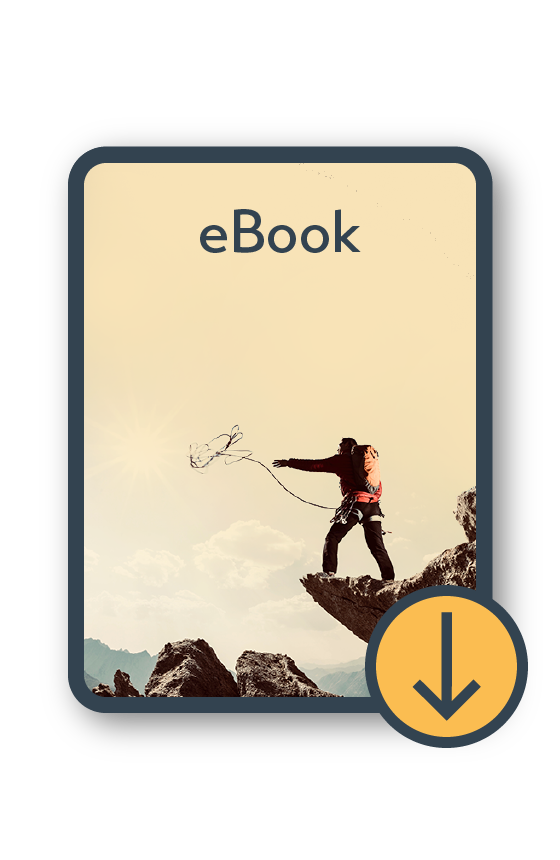
MYOB Acumatica Information Pack eBook
Download nowWhat can an end-to-end Business Management System give your organisation?
Today, the term ERP is starting to wane. As more and more software moves into the cloud and integration become a focus, ERPs are now becoming known as Business Management Systems. These systems allow you to manage your entire organisation from one platform.
At the forefront of this innovation is the MYOB Advanced Platform. It is a fully featured, end-to-end solution that can manage your finances, projects, inventory, CRM, payroll, workforce, and everything in between. These platforms typically leverage a SaaS model, which allows users to scale their licence requirement up or down as their circumstances change – with all costs bundled into a monthly subscription. In addition to the central finance package, modules are also developed to cater to the dedicated needs of specific industries, continuing the technology advancement and focusing on specialised functionality.
Born out of dedicated manufacturing software, the Business Management System has come full circle from hyper-specialised systems to a generic platform that can be customised specifically for your industry or organisational needs.
Now more than ever, it is essential for organisations to realise the benefits of a modern business management system and make the technology pivot. MYOB Advanced is the only platform available to Australian and New Zealand midmarket organisations that combines finance, payroll, and workforce management in one place.
Looking into the future with your business management system
Business Management Systems have evolved dramatically, and their current capabilities are vast. Technology helps businesses create the most innovative and competitive environment to serve client needs and make informed decisions. It is essential to be using the right solution to match your business needs and functionality requirements.
The future of these Business Management systems is bright, with dedicated add-on solutions being developed and developers more able to take advantage of Application Programming Interfaces (APIs) to integrate best-of-breed applications with the core system. Total connection across your entire organisation is now possible, and the limit of what your business can achieve is no longer tied to your software. Just as iPhones and iPads have applications to extend their functionality, new and competitive products and devices are becoming available within the Business Management space. The technology becomes less expensive over time, and many solutions are available at affordable prices to Small-Medium Enterprises. These add-on solutions are tightly integrated into your MYOB Enterprise system. In this way, you gain enhanced functionality without sacrificing the integrity of your Business Management System as a single source of truth.
At Kilimanjaro Consulting, we understand the importance of choosing the right software for your business. We are here to help you understand your business needs better. Likewise, we will guide you to use technology to improve efficiencies in your industry.
If you are beginning your ERP journey and are unsure which system best suits your business, visit our page here. To find out the difference between MYOB Exo and MYOB Advanced, read the 8 key differences.
How can software solutions improve real businesses?
The Arcadia Corporation successfully transitioned into the cloud and achieved a single, efficient platform from which they now manage Accounts, Inventory Management and CRM. Moving from MYOB Exo to MYOB Advanced improved functionality and provided end-to-end management of its products. Additionally, integrations with their core business management system enhanced visibility and simplified reporting for the finance and sales teams.
Learn more about the real benefits of moving your organisation into the cloud by reading the case study here.
Kilimanjaro Consulting is the largest and most experienced implementer of MYOB Advanced. We are MYOB specialists and genuinely understand how it can make your organisation more efficient. For any questions, call us on 1300 857 464 (AU), 0800 436 774 (NZ) for a free consultation today or email sales@kilimanjaro-consulting.com.

